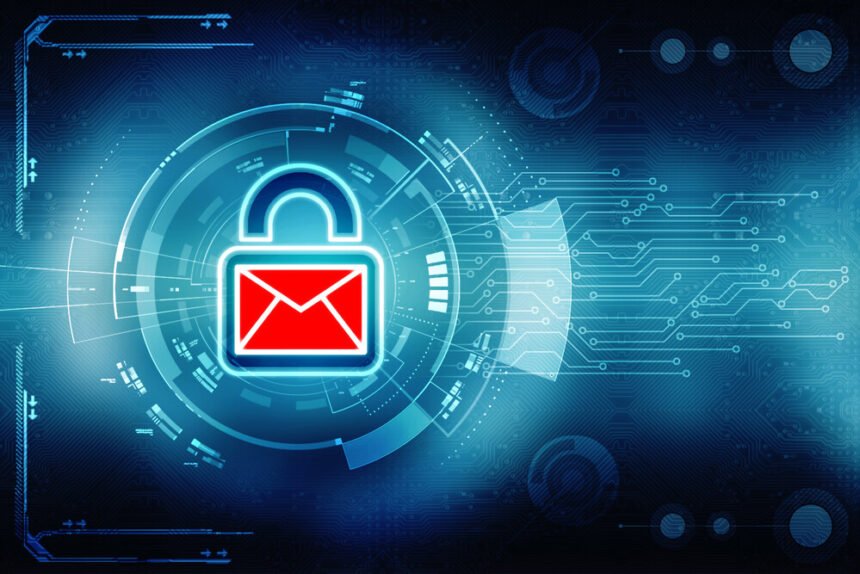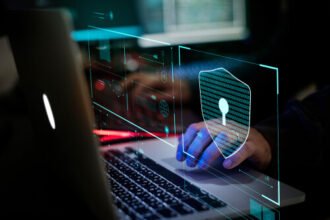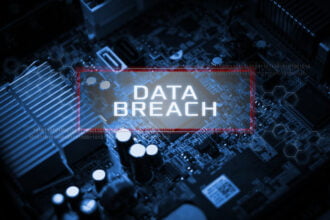Google is taking privacy more seriously these days. Last year, the Washington Post reported that they adopted some new big data security standards. Some of these standards were put into place to improve Gmail security.
However, there are still a lot of measures that Gmail users themselves need to take. Big data is making it easier to keep your Gmail secure, but only if you take the right precautions.
Big Data is the Fundamental Key to Gmail Security
Younger Internet users might not believe it, but once upon a time, you couldn?t even use Gmail unless you had an invitation from another user. The small-world approach is now long gone, as Gmail has about 1.2 billion monthly users and holds a 20% share of the global email market. Perhaps even more impressive, 75% of all Gmail users access the site via a mobile device, and 61% of 18-29-year-old use Gmail.
But how secure is your Gmail login? Is Gmail the most secure email server around? In this article, we?ll explore just how protected your emails are when you go through Gmail and what steps you can take to secure your Gmail login, the gateway to everything you use on Google.
The good news is that new advances in big data make it easier than ever. You will need to use these data solutions to heighten your security.
How Secure is Gmail?
Gmail is far from the most secure of email servers on the market, but that?s not surprising. The most secure email systems in the world are ones that don?t ask for any of your personal information and enable your passageway with end-to-end encryption that is bulky and expensive. Sites like Protonmail excel at this sort of practice, but they are exceptions, not the rule. Gmail wants your email, but it also wants your data: who you are, what you?re interested in, who you?re talking to, what products and services you?re interested in, and everything else under the sun.
That much data transmission lowers Gmail?s security standards. If you?re going to entrust all of your emails to Gmail, there are several tips you should implement for maximum security at all times.
Enhancing Your Gmail Security with Big Data
- Big data has led to impressive advances in cybersecurity and malware protection. Machine learning tools are able to understand the newest threats and use the latest algorithms to combat them, as Kaspersky Lab pointed out in a recent white paper. Invest in email-specific antivirus software. Certain companies make email security a priority, understanding that an amazing amount of your personal information passes through this forum dozens or hundreds of times a day.
- Enable two-step verification. Big data has made this more reliable. Last month, Google?s own internal data showed this is the best way to protect data of consumers. Gmail has this as an easy-to-use update, and it?s a fantastic add-on that really enhances your security. Generally, it consists of the aforementioned password combined with a numerical code that is sent to your smartphone as an SMS. It can also be a number code or phrase known only to you that you memorize in case your smartphone is stolen.
- Upgrade your browser at every opportunity. The longer a browser is active, the greater the chance it develops a hole, a glitch, or something gets compromised. Web browser technicians are always on the lookout for open windows where malware or cybercriminals can weasel their way in. Anytime your browser sends a notification that it?s time for an upgrade, make it a priority to upgrade.
- Use a really sophisticated password. If you?re using ?Password123? as your password, you almost deserve to get hacked. Likewise, something simple from pop culture ?GameofThrones? or your personal life, like your wife?s name and birthday are going to get you found out eventually. A great password is a unique combination of characters, numbers, and letters that you can easily remember but everyone else i unlikely to guess. A made-up word is even better than a real one.
Big Data is the Key to Making Gmail Much More Secure
Gmail security needs to be one of your biggest concerns in 2019. The good news is that new machine learning and predictive analytics technology is making it much more secure. Be grateful that big data is improving email security in 2019!










